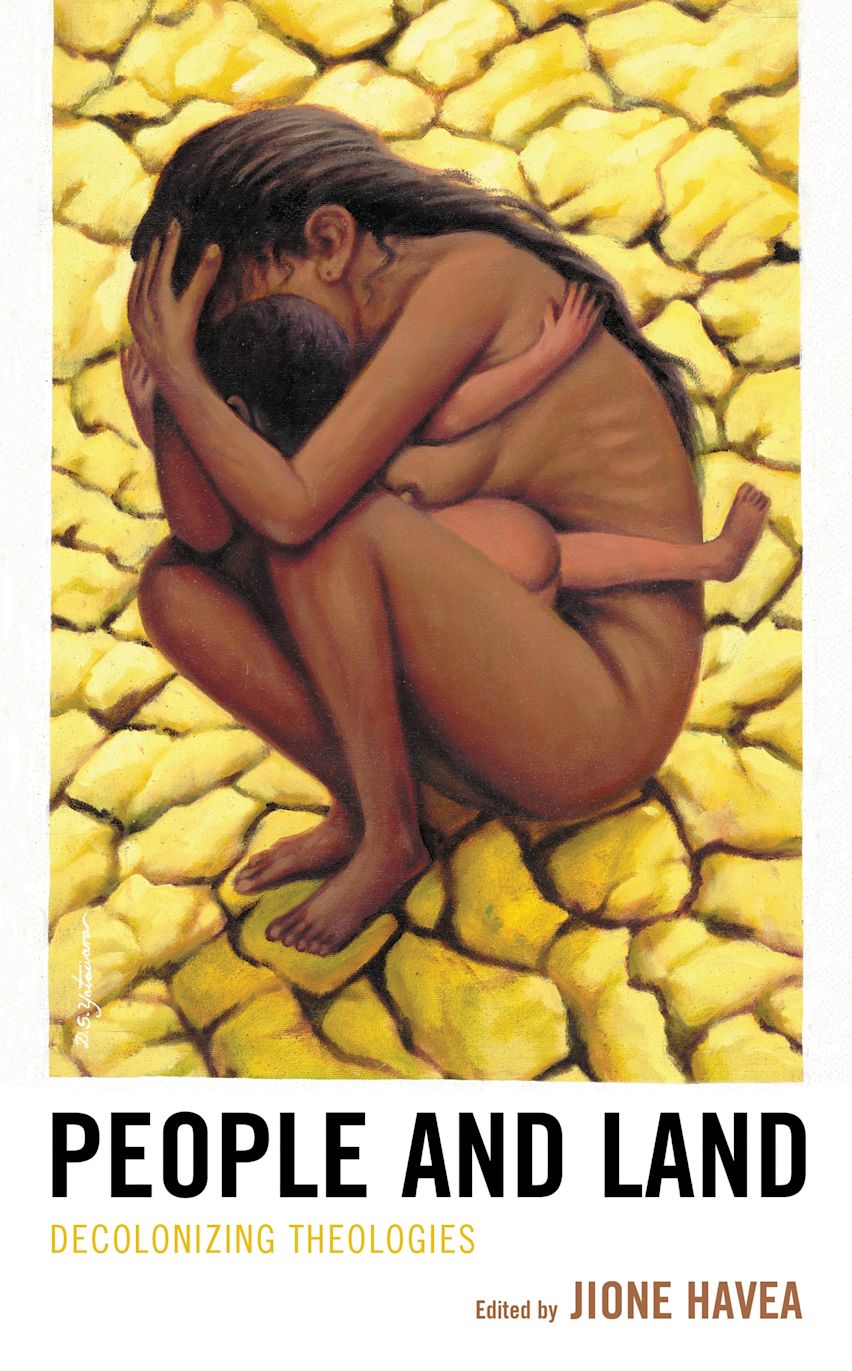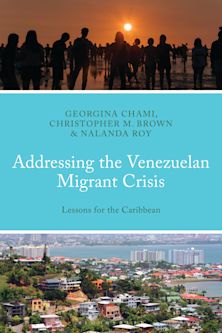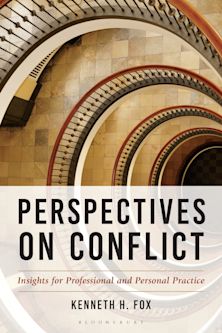People and Land
Decolonizing Theologies
People and Land
Decolonizing Theologies
This product is usually dispatched within 2-4 weeks
- Delivery and returns info
-
Flat rate of $10.00 for shipping anywhere in Australia
Description
Empires rise and expand by taking lands and resources and by enslaving the bodies and minds of people. Even in this modern era, the territories, geographies, and peoples of a number of lands continue to be divided, occupied, harvested, and marketed. The legacy of slavery and the scapegoating of people persists in many lands, and religious institutions have been co-opted to own land, to gather people, to define proper behavior, to mete out salvation, and to be silent.
The contributors to People and Land, writing from under the shadows of various empires—from and in between Africa, Asia, the Americas, the Caribbean, and Oceania—refuse to be silent. They give voice to multiple causes: to assess and transform the usual business of theology and hermeneutics; to expose and challenge the logics and delusions of coloniality; to tally and demand restitution of stolen, commodified and capitalized lands; to account for the capitalizing (touristy) and forced movements of people; and to scripturalize the undeniable ecological crises and our responsibilities to the whole life system (watershed). This book is a protest against the claims of political and religious empires over land, people, earth, minds, and the future.
Table of Contents
Collin Cowan
Preface
1. The land has colours
Jione Havea
PROMISES AND LOSSES
2. Lost Paradises: Tracing the Imperial Contours of Modern Tourism Upon Lands and People
Steed Vernyl Davidson
3. When No Land on Earth is “Promised Land”: Empire and Forced Migrants
Gemma Tulud Cruz
4. Empty Land: Righteous Theology, Sneaky Coloniality
Santiago Slabodsky
5. Religious Diversity, Political Conflict, and the Spirituality of Liberation
Mitri Raheb
6. A Theology of Land and its Covenant Responsibility
Sifiso Mpofu
DISPOSSESSIONS AND RESPONSIBILITIES
7. Landed Churches, Landless People
Kuzipa Nalwamba
8. Empire 2.0: Land Matters in Jamaica and the Caribbean
Garnett Roper
9. Delusions of Empire: On People and Land in Oceania
Nasili Vaka'uta
10. People, Land and Empire in Asia: Geopolitics, Theological Imaginations and Islands of Peace
Jude Lal Fernando
11. Colonization of the Watersheds and the Green Politics of Hagar
George Zachariah
12. Lost Land: Visualizing
Product details
| Published | 12 Oct 2021 |
|---|---|
| Format | Paperback |
| Edition | 1st |
| Extent | 230 |
| ISBN | 9781978703629 |
| Imprint | Fortress Academic |
| Dimensions | 217 x 156 mm |
| Series | Theology in the Age of Empire |
| Publisher | Bloomsbury Publishing |
Reviews

ONLINE RESOURCES
Bloomsbury Collections
This book is available on Bloomsbury Collections where your library has access.



































